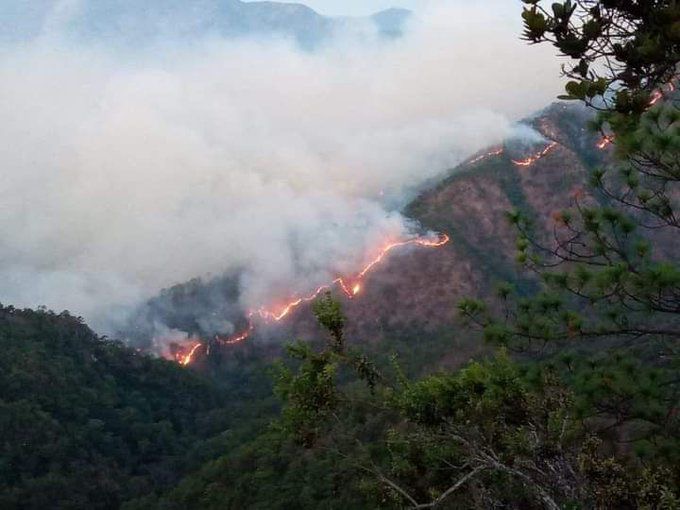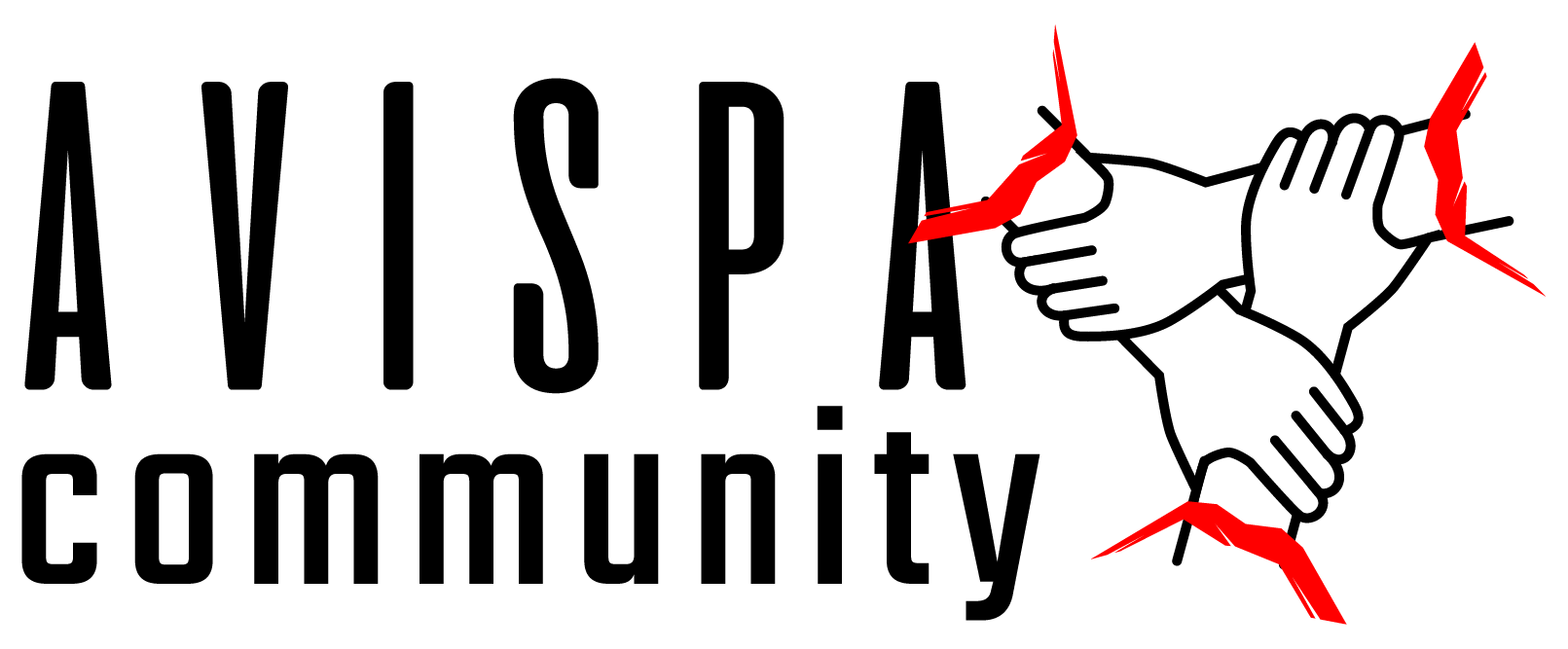By: Josefa Sánchez Contreras
The tropical forest of the Chimalapas is burning. The election noise is drowning out the struggles of the communities fighting for life, forests, rivers, mountains, and animals.
The heat waves, fires, dried up rivers, and floods are nothing more than expressions of what in recent years has been called a climate emergency; that which has roots dating far back, associated with long centuries of colonialism, genocide, ecocide, and dispossession.
For decades Indigenous peoples have been warning of the environmental catastrophe caused by mining extraction and fossil fuels. It is undeniable that both are increasing the temperature on earth, leading us closer and closer to the dreaded 1.5 decree Celsius increase. According to the Intergovernmental Panel on Climate Change in 2019 (IPCC), the effects of such an increase will be irreversible for agriculture and for human life on earth.
However, the fossil fuel and extractivist sectors are pillars in the political and economic programs of the presidential candidates of this 2024 election. The climate emergency and the rights of Indigenous peoples, whose territories are home to between 70% and 80% of the country’s biodiversity according to data from the National Agrarian Registry, do not fit into the electoral ballot boxes.
The Zoque people of Santa María Chimalapa are currently fighting a number of fires that are destroying one of the most biodiverse regions in Mesoamerica: the tropical forest of the Chimalapas. The fires have been burning for more than a week and the state institutions haven’t provided an effective response to put them out. Community brigades led by communal land commissioners are those who are fighting the climate emergency.

At the same time, the communal assembly of San Miguel Chimalapa is demanding the federal government of Andrés Manuel López Obrador and the state government of Oaxaca of Salomón Jara to comply with an expert appraisal so that the Local Agrarian Court can emit a resolution on the nullity lawsuits filed by San Miguel Chimalapa to delimit their communal lands.
You might be interested in – Canadian Mining Company Quietly Advances Toward Gold and Copper Exploitation in Los Chimalapas
The demand of the assembly of San Miguel Chimalapa makes sense when we see that the fires throughout Chimalapas are being fed by agrarian conflicts with neighboring ejidos. There are 26,000 hectares of land in dispute between San Miguel Chimalapa, Niltepec and Zanatepec. There are 160,000 hectares of communal lands in dispute between Chimalapa, Oaxaca, and Cintalapa, Chiapas. While the Supreme Court of the Nation emitted a resolution in favor of Oaxaca in 2023, it hasn’t been enforced. On the contrary, the plunder of the forests continues, as well as the fires that have been burning for weeks.
In the heat of these problems, the government of the so-called fourth transformation is more occupied with promoting its successor than attending to the demands of those who are continually being displaced from their lands: Indigenous and campesino peoples.
Agrarian conflicts throughout Mexico are not a minor issue. There are around 500 agrarian conflicts in the country. The existence of agrarian conflicts exhibits the racism with which the Agrarian Attorney General’s Office treats Indigenous and campesino peoples. Very slow paperwork, arbitrary legal processes, the hiding of information, and the disregard for communal authorities and security councils are just some of the most common characteristics.
In Chimalapas, as in other communities, agrarian conflicts are worsening as extractivist, energy, and industrial megaprojects push their infrastructure onto the lands in litigation. With this, they generate confrontations between neighboring agrarian communities.
These conflicts are often portrayed to be between communities, thus erasing the responsibility of international corporations and the Agrarian Attorney General’s Office in the unfortunate outcomes of these conflicts often resulting in violence, assassinations, and disappearances.
The fires, the agrarian conflicts, the extractivist megaprojects associated with fossil fuels, the institutional racism and the violence exercised against Indigenous peoples, are all deeply related. The challenge to solve them has nothing to do with the electoral agenda.
The struggle of the Zoque people of Chimalapa to put out the fires and resolve the agrarian conflicts is a concrete, urgent, and necessary action in times of climate catastrophe. Before the ears deafened by electoral noise, let’s listen to the cries of the tropical forest and the running water of the river. Now more than ever solidarity is necessary between communities and cities to put out the fire that is overtaking us.
Tzimalapa atzpa, bi nax atzpa, bi copaknax atzpa, dex atzpa, mix atzpa
(Chimalapa burns, the land burns, the planet burns, I burn, you burn).


